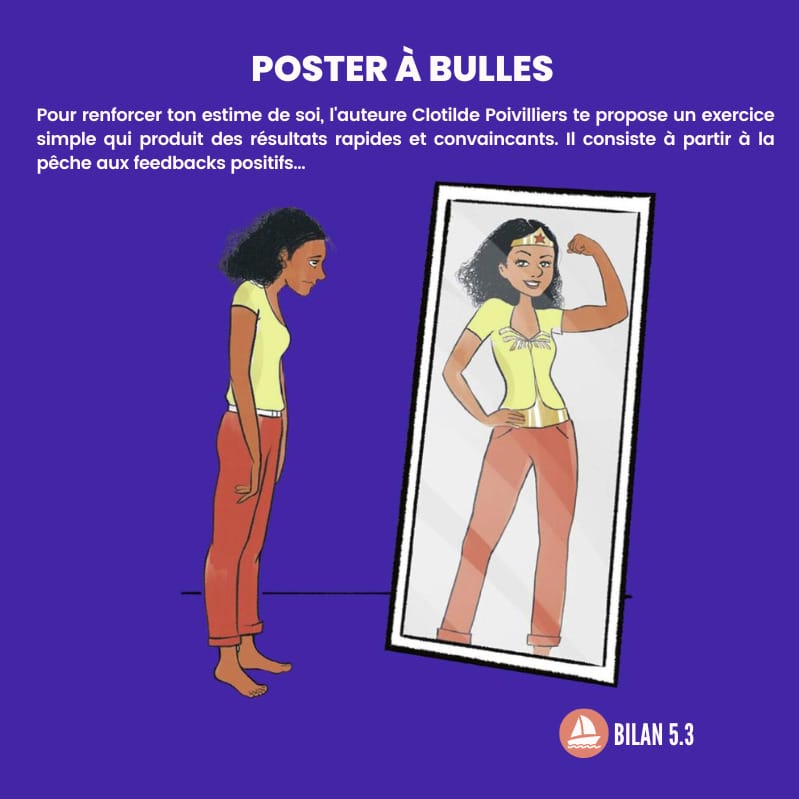Jan. 30, 2008 – Teenagers today might not have as unbridled sex lives as they have been rumored for a few years. The majority of them would behave generally responsible in matters of sexuality.
This is what the authors of a study conclude1 made for the Canadian Association for Adolescent Health (CASA). Researchers analyze the results of a survey conducted in Canada among 1,171 adolescents aged 14 to 17 years and 1,139 mothers of adolescents of the same age.2.
According to the survey results, 27% of teens surveyed were sexually active by an average age of 15. Those who were sexually active, both girls and boys, had had an average of 2.5 sexual partners and their current relationship had lasted about eight months. When it came to their last sexual encounter, 76% of them said they had used a condom.
These data present a picture of young people’s sexuality that is less alarming than that often conveyed in the media. Very early active sexuality (in children and pre-adolescents), very high-risk sexual practices and sexual violence are less prevalent than one might have thought.
Almost 40% of teens said they became sexually active because they found the right person. However, it was sheer curiosity that prompted 47% of respondents to have sex. Pressure from friends (10%) and the media (6%) do not appear to be determining factors. Having feelings for their partner doesn’t always seem to be essential: 38% of teens said they ever had sex just for fun.
Limited knowledge
However, apart from the dangers associated with HIV, young people ‘s knowledge of sexual health and sexually transmitted infections is rather limited, even among those who consider themselves very well informed. About 69% of young people surveyed said they could not find the information they were looking for in matters of sexuality and 62% said they had to overcome obstacles in their search for information.
School and friends are the most cited sources of information about sexuality by adolescents (80% and 76% respectively). Parents come third: for 63% of young people, they are the main source of information. According to the DD Miriam Kaufman, pediatrician and member of the team that conducted the study, “Parents consistently underestimate the importance of the role young people expect them to play in imparting information about sexuality. and sexual health ”.
Young people must have access to diverse sources of information, conclude the authors of the report. They believe that governments, public health authorities and the world of education must provide young people with accurate, accessible, complete and realistic information on matters of sexuality.
Pierre Lefrançois – PasseportSanté.net
1. Frappier JY, Kaufman M, et al. Sex and sexual health: A survey of Canadian youth and mothers. Paediatr Child Health 2008; 13 (1): 25-30. To view the summary of survey results: www.pulsus.com.
2. The data were collected in the fall of 2005, during an Internet survey carried out by the polling firm IPSOS at the request of the Canadian Association for Adolescent Health (CASA).















